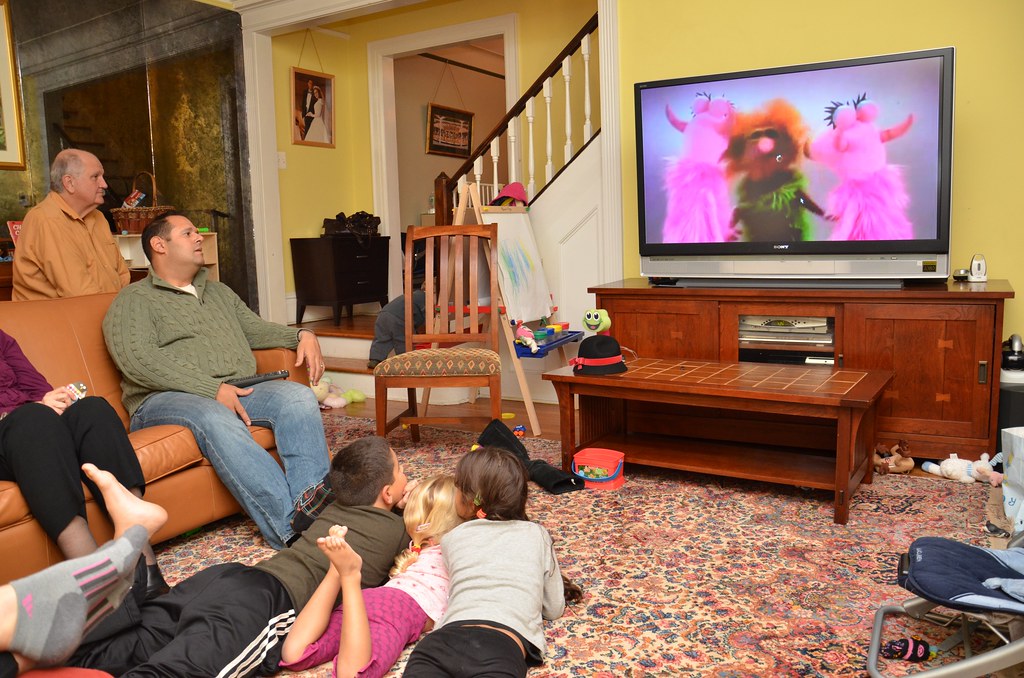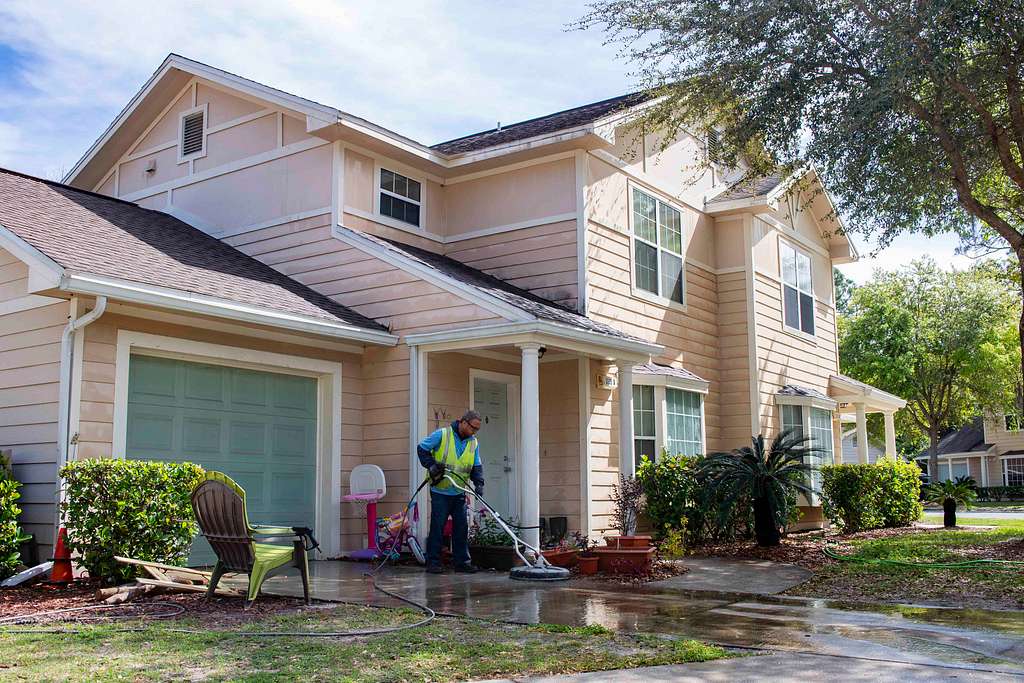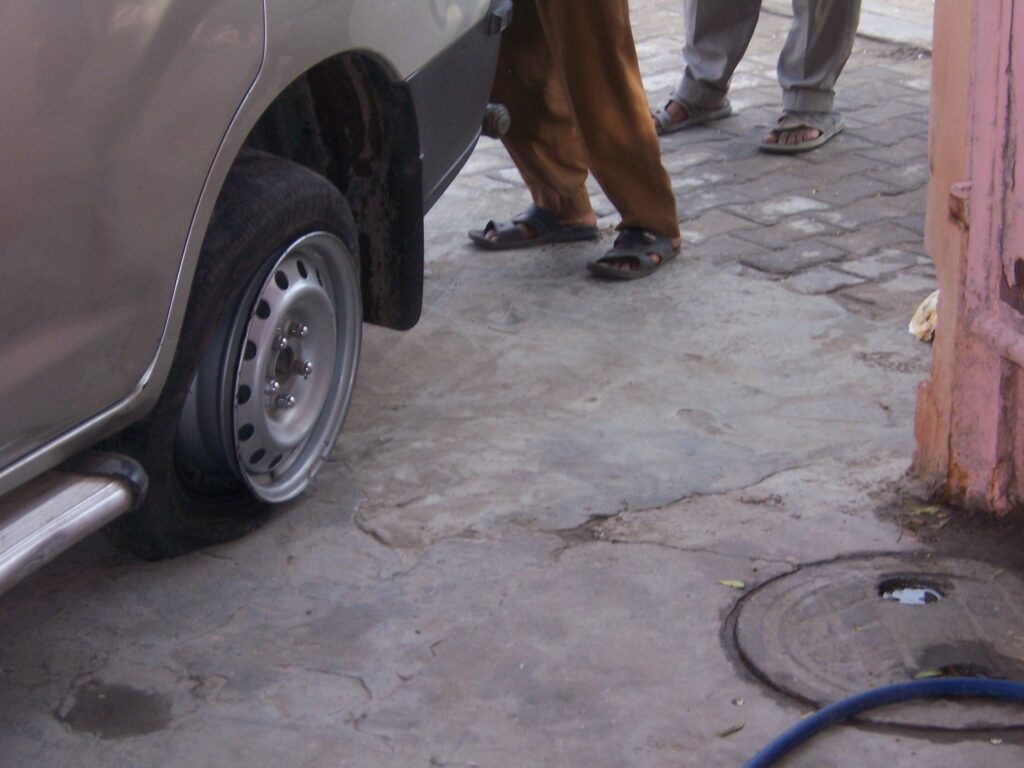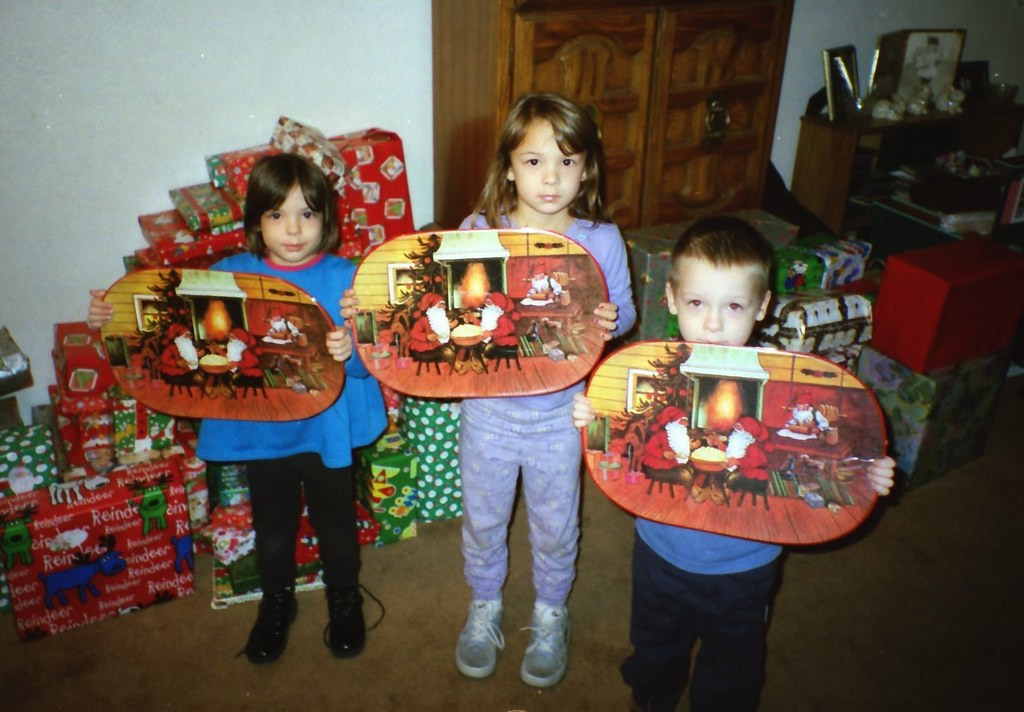Remember when being “middle class” meant you could afford a decent life without sweating every grocery run or praying your car didn’t make that noise again? Yeah… about that. These days, middle-class status feels more like a nostalgic Pinterest board than a lived reality. You’re not booking luxury vacations or buying third homes—we’re talking basics here. Essentials. The stuff that used to be givens, not guilty splurges. And yet, if you’ve found yourself rationing paper towels or whispering sweet nothings to your budget spreadsheet, you might’ve already slipped out of the middle class without even noticing.
So how do you know if the “comfortable” life ghosted you? Easy: if affording these 12 everyday essentials is now a financial high-wire act, you’re not middle class anymore—you’re just good at pretending. Let’s break it down, one slightly-too-real example at a time.
1. Rent

Your rent has become that clingy ex who won’t leave you alone—every month, it shows up, more expensive than before, and leeches all your disposable income. According to National Interest, rent prices have surged by nearly 13% nationwide over the past two years, forcing people to choose between living near work or affording avocado toast. You’re officially not middle class if your rent alone is gobbling up over half your take-home pay, leaving you scrambling for coins in the couch cushions for everything else.
It used to be that a 30% rent-to-income ratio was “healthy,” but with today’s market you’d need superhero powers (or a roommate who doesn’t steal your snacks) to hit that. If you’re now couch-surfing at parents’ or co-habiting with five of your best friends just to split a studio’s rent, your budget’s been through war. Remember budgeting apps? Yeah, they now live in the “LOL” folder on your phone. If you can’t afford rent without selling a kidney—or two—you’ve outgrown middle-class status.
2. Groceries

Once, grabbing kale, almond milk, and organic quinoa was your “treat yo’ self” moment; now it’s a small personal loan. Per Bloomberg, grocery prices are up over 20% compared to pre-pandemic levels, making even a quick trip to the store feel like a high-stakes adventure. If you’re skipping mixed greens in favor of instant ramen and scouring clearance aisles like it’s Black Friday every week, chime in: the middle-class grocery cart life is no more.
Your weekly shop should not require a spreadsheet with pivot tables and macros, yet here we are—tracking bananas per dollar like it’s crypto. If you can’t swing buying fresh produce before it’s wilted, or your concept of “treat dinner” is boxed mac ’n’ cheese, you’ve bitten the cost-of-living bullet. And don’t get me started on the shame spiral when the self-checkout lady asks, “Paper or plastic?” because you’re quietly calculating which costs more.
3. Healthcare Premiums

Healthcare used to be the safety net—now it’s more like a financial tripwire. The average annual premium for individual coverage has climbed by almost 25% in the last five years, reports The Economic Observatory, leaving premiums to feel like an unwanted subscription you can’t cancel. If you’re skipping dental checkups, ignoring that weird rash, or Googling “Is this headache fatal?” because you can’t afford the copay, you’re definitely past middle-class status.
We used to joke about bowing to the dentist’s “layaway plan” but now it’s borderline reality TV. And if you’ve ever chosen between filling a prescription and paying rent, your budget is screaming “help.” Middle-class healthcare was supposed to mean reasonable costs for peace of mind—it now means massaging your wallet until it squeals.
4. Car Insurance

Car insurance premiums have morphed into that subscription service nobody signed up for but can’t live without—like Spotify but infinitely more painful. According to CNBC, national average premiums hit an all-time high last year, rising roughly 25% thanks to extreme weather and supply-chain nightmares. If you’re eating instant noodles so you can cover that monthly bill, you’ve silently waved goodbye to middle-class comfort.
You used to snag the best deal after a few comparison-shopping clicks; now you need a minor in actuarial science to decode the quotes. When “minimum coverage only” isn’t enough to protect your sanity, your wallet’s definitely in retreat. And if you’ve had that uncomfortable chat with your insurer about downgrading your policy—no collision, no comprehensive—welcome to the new normal.
5. Gas

Filling up the tank feels like an outing to a luxury spa—expensive, indulgent, and vaguely shameful. The folks at Newsweek note that average gas prices have hovered above $4.00 a gallon in most states this year, making your weekend road trip budget evaporate faster than tears at a breakup. If you’re now carpooling with strangers, plotting bus routes like you’re planning a heist, or relying on the kindness of e-bike loans, middle-class mobility has left the chat.
Remember the days you’d fill up mid-week just to avoid weekend surges? That was the golden era. Now, you’re timing your fill-ups like a day-trader eyeing stock charts. If you’re cruising at 45 mph on the highway to eke out mileage, your wallet’s in survival mode.
6. Internet and Phone

Gone are the days when unlimited data felt like an actual perk. Your combined internet and phone bill now rivals your streaming subscriptions, and you’re juggling data caps like a professional clown. If you’re scouring Wi-Fi signals at coffee shops or resorting to the neighbor’s “guest” password, the middle-class digital lifestyle has ghosted you. You might have started living in various “dead zones” around town like a secret agent searching for bars. Texting your BFF “BRB, at Starbucks” isn’t cute—it’s survival. Even your memes are low-res now, and sending a single GIF feels like a luxury.
You used to boast about fiber-optic speeds; now you’re celebrating a stable two-bar signal. And if you’ve swapped video calls for audio-only just to conserve data, you know the struggle is real. Charging your phone only at work feels less like convenience and more like a financial necessity. You’ve probably negotiated with your provider so much you deserve a hotline extension in your honor. Downgrading from “unlimited” to “barely adequate” has become its own art form. And canceling the occasional “surprise” text thread because MMS eats your plan? Welcome to the new normal.
7. Streaming Subscriptions

When did we sign up for eight streaming platforms? Oh right, because one doesn’t cut it anymore. If you can’t afford to binge-watch without squad-splitting pay-per-view on multiple logins, you’ve bid farewell to the middle-class “Netflix and chill.” You might have started rotating guest accounts like they’re trendy accessories. Sharing passwords in group chats feels like a time-share pitch, but with cliffhangers instead of condos. Your “Watch List” is now a spreadsheet of “who pays this month.”
Once you had one subscription that covered all your TV cravings; now you’re rotating sign-ins like a digital carrousel. Posting “Who wants my HBO password?” in group chats is the new meme of survival. And if you’ve started cancelling birthdays because they clash with a streaming price hike, take a moment of silence for better days. You’ve memorized every discount code that pops up for student or military offers—even if neither applies to you. Binge-watch weekends now require a loan application. And those “free trial periods”? They’re basically short-term romance, doomed to end in heartbreak.
8. Childcare

Shout-out to all the parents who’ve mortgaged their futures for daycare spots. If you’re considering homeschooling because one kiddo’s tuition costs more than your mortgage payment, you’re in the “not middle class” archive. You probably have a Pinterest board titled “DIY budgeting hacks for crying toddlers.” Your “quiet time” schedule looks like a military operation plan. Picking the cheapest after-care option often means your kid comes home speaking another language—playground dialect.
You used to have plans at 3 p.m.; now your life revolves around nap schedules and pickup windows. “Date night” is a nostalgic legend you tell friends who still have babysitters. And if you’re coding your work meetings around nap time, welcome to the guiltiest, most expensive gig on earth. You’ve become a pro at “muting” yourself on video calls so your toddler’s meltdown goes “incognito.” Skype interviews now start with a PSA: “Please ignore any background screaming.” Negotiating parent-teacher conferences feels like salary negotiations at a Fortune 500 company.
9. Student Loan Payments

Remember that fling with your alma mater? It’s turned into a long-term relationship you didn’t want. If your monthly student loan payments outpace your Netflix bill by fivefold, middle-class dreams are taking a rain check. You probably track your balance more often than your steps. Consolidation talks have become your personal TED Talk. And “grace period” is a cruel punchline now.
People brag about having “only” $15k left; you’re over here like, “Is that good?” You used to budget for lattes; now it’s autopay or eviction. And if refinancing is your new hobby, congrats—you’ve entered adulthood’s darkest corner. You’ve mastered acronyms like FAFSA and APR in ways your professors never imagined. Skipping meals to hit that “extra payment” button feels oddly satisfying. And when friends ask about “fun money,” you laugh and change the subject.
10. Home Maintenance

Owning a home was supposed to be the American dream. Instead, it’s turned into the American scream. If routine fixes—like a $200 gutter cleaning—make you pause your life savings, your homeowner middle class has packed its bags. You scramble to find amateur YouTube “experts” to guide your duct-tape repairs. Seasonal checklists now read like a horror movie script: furnace failure, ice dam apocalypse, sewer backup. You’ve debated living outdoors when the HVAC died—just for a change of scene.
You used to DIY weekend projects; now you’re pleading with handymen for “deal” days. You’re Googling “how to fix a leaky roof with duct tape” because you can’t afford a professional. And if seasonal maintenance has become a myth, you know the budget is dead. You text your neighbor asking to borrow their tools—yet again—because you can’t buy your own. Watching tutorial videos on swamp cooler installation at midnight is your new insomnia trigger. And that “honey-do” list? It’s now a “pray-someone-does” list.
11. Retirement Savings

Saving for retirement once felt like a long-term weekend project; now it’s more like a vague rumor. If you can’t sock away even 5% of your income into a 401(k), your future middle-class self just RSVP’d “no.” You’ve delayed auto-increases so many times that compound interest feels like a bedtime story. Planning for your golden years? More like scraping for silver linings.
You used to fantasize about early retirement; now you’re fantasizing about being able to hit “save” on your broker app. And if “compound interest” sounds like a cruel joke, you’ve officially been squeezed out of the middle-class saving plan. You debate whether to open an IRA or just start a donation page for your future. Ad-targeted ads for retirement seminars make you roll your eyes and shut your laptop. And when colleagues brag about their nest eggs, you nod politely and Google “side hustle” again.
12. Emergency Fund

An emergency fund used to be your financial security blanket. Now, if you can’t cover three months of expenses without selling your collectibles, your middle-class cushion is thinner than your patience in line at Starbucks. You’re almost tempted to crowdfund your next unexpected bill. And your “rainy day” fund looks suspiciously like a puddle.
Life’s “surprises”—car breakdowns, medical bills, flat tires—are sting operations on your bank account. If you need GoFundMe for a busted furnace, congrats: middle-class peace of mind has left the building. You’ve started writing headlines for your own financial disaster blog. And “just in case” has become “just not happening.” Your credit card’s emergency limit feels like your last lifeline—until it maxes out.
This article is for informational purposes only and should not be construed as financial advice. Consult a financial professional before making investment or other financial decisions. The author and publisher make no warranties of any kind.








